Environmental Justice
For too long, the 9th Ward has been plagued by environmental racism. Our residents have been treated as a sacrificial zone, an afterthought and a dumping ground for pollution.
Industrial polluters have led this to be one of the city's most polluted areas. In order to address this, we must treat climate change as a serious threat, particularly to the well-being of our working and BIPOC communities. We must restructure our local economy to reflect our environmental goals and begin putting our environmental and community health above profits.
Using city land and infrastructure, we can foster a new green workforce. We can have a city that prioritizes safe walking, biking, and transit infrastructure. Ensure that the Phillips Neighborhoods can have clean air and a healthy environment and push for policies that deliver an equitable green future.
What We Did:
East Phillips Indoor Urban Farm Project: I was able to secure 8 votes to stop the Hiawatha Campus Expansion in order to build the East Phillips Urban Farm. While this $14 million project was ultimately vetoed, my commitment was to continue to fight for our neighborhood, its health, and find a pathway to success. I worked with the State Legislature and the East Phillips Neighborhood Institute on the approval of state funding to purchase the roof depot site. The community also raised $3.7 million to return the Roof Depot back to the community and, in result, create the East Phillips Indoor Urban Farm.
Minneapolis Climate Legacy Initiative: Invested $10,000,000 annually to support the City’s climate goals over the next decade. This investment includes: $4.7 million toward weatherizing all homes in Minneapolis, $1.4 million in workforce training, and $850,000 in the City’s tree canopy program.
Rise Up Center: Secured $250,000 to help build a hub for employment training in a green unionized workforce on Lake Street.
Require Expansions to Prevent Environmental Impact: Passed an ordinance to ensure we are requiring any polluting expansions to decrease its environmental impact. This is a big win for environmental justice advocates in Phillips and both the Northside and Southside Green Zones.
We made significant investments in the Southside Green Zone: First in the Nation, Childhood Lead Elimination Poisoning Program, expanded our Green Cost Share Program for upgrade assistance, Green Zone Weatherization to help lower bills for residents, and a Climate Resiliency Program to maintain trees.
Environmental Checklist Legislative Directive: Passed a directive with the hope of developing an environmental justice checklist to evaluate new moderate- and high-impact polluting uses.
Neighborhood-Serving Commercial Uses in Residential Areas Legislative Directive: Passed a directive that would examine an amendment to the comprehensive plan that would authorize neighborhood-serving commercial uses in areas guided for residential use. This process includes the need for community engagement and changes to the comprehensive plan.
Banned New Animal Fur Shops: Amended that Land Use Rezoning Ordinance to ban establishments where either a majority of the products available for purchase or a majority of the sales are dedicated to the sale of animal fur.
Hiawatha Ave and Lake St (Hi-Lake) Intersection Layout Approval: Approved a layout for new crosswalks, traffic signals, curb extensions, ADA-compliant pedestrian curb ramps, narrower travel lanes, new two-way protected bikeway on Lake Street between 22nd Avenue and Snelling Avenue, and more.
Eliminate Childhood Lead Poisoning Initiative: Funded a $3 million investment to reduce lead poisoning in homes with a focus on the Green Zones and communities with historically high levels of lead poisoning.
Expanded the Green Cost Share Program: Approved more than $2 million to help pay for property upgrades that improve the environment with an emphasis on the Green Zones.
Green Zone Weatherization: Allocated $1 million in funding for weatherization efforts that will help lower bills for residents, improve the health of the homes, and cut down on the carbon footprints of the people who can least afford to make changes.
Green Minneapolis Climate Resiliency Initiative: Approved $1 million to maintain trees that will help to mitigate the City’s two major heat islands (Green Zones) and equalize tree canopy coverage across environmentally disadvantaged parts of the city.
Electrical Vehicle Stations: Allocated $700,000 to design and build charging stations for 2023 and an additional $730,000 for 2024.
Transit Assistance Program Legislative Directive: passed this directive that will explore joining a transit affordability program. We want to join the Transit Assistance Program (TAP) by Metro Transit through a partnership with the City of Minneapolis where people with lower incomes can use a bus or train for just $1 per ride.
Looking Ahead:
Closing Down the Smith Foundry: Work with the State Legislature to close the foundry and protect the well-being of Phillips residents. The EPA has found that it violated the Clean Air Act.
Phillips Public Health Approach: Work with residents to develop a public health plan to reduce pollution and keep residents safe in Phillips.
Weather Disaster and Extreme Temperature Plan: Ensure Minneapolis is prepared by supporting houseless community members with the expansion and creation of warming and cooling stations, and establishing a local emergency plan for climate change disasters.
Fare-Free Transit Pilot Program: Work with the Minneapolis Public Works Department to become a partner in the Transit Assistance Program (TAP), which is designed to make public transit more affordable for people with lower incomes. And support establishing a municipal fare-free transit pilot program.
Green Infrastructure: Prioritize walking, biking, transit riders, and green transit infrastructure.
People’s Climate and Equity Plan: As we look to implement our Minneapolis Climate Action Plan, we need to ensure we have a people-centered approach to implementing it.
Guarantee comfortable, affordable, and carbon free buildings for all of Minneapolis by 2030.
Reduce the racial wealth gap by creating access for communities of color to family-sustaining jobs in the growing green economy.
Ensure every person has a safe, healthy and climate-resilient neighborhood connected by accessible, carbon-free transportation.
Create a robust dedicated funding stream to make bold climate justice policy a reality.
